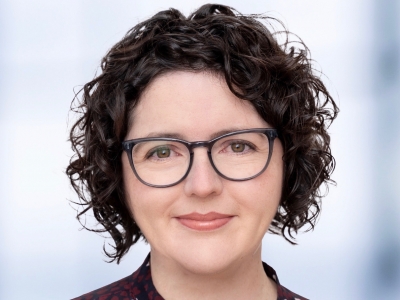By Lesley Barry
Sometimes, development money can only go so far.
Countless dollars have been invested in developing countries to increase and improve their health-care services, but when a woman can’t visit her doctor without the consent of her husband or family, that’s a serious impediment to care.
“Health is a very positivist field,” explains Valerie Percival, associate professor at the Norman Paterson School of International Affairs. “We have this idea that if a health system works in country A, it will work the same way in country B. There is also an assumption that if you build a good health-care system, it will be gender equitable. But research shows it’s much more complicated than that.”
Inequitable health outcomes between men and women are driven by gender norms. But how that happens and how health-care systems can become more equitable remain unknown—particularly since gender is a powerful social and political issue informed by a community’s unique culture and history.
In an innovative project based in Mozambique’s northern province, Cabo Delgado, Percival is teaming up with staff from the Aga Khan Foundation (AKF), the AKF’s offices in Canada and Mozambique, and—under an agreement pioneered by Carleton’s Department of Anthropology—with researchers at Mozambique’s Universidade Eduardo Mondlane; they have the support of a three-year $200,000 Partnership Development Grant from the Social Sciences and Humanities Research Council of Canada.
The project will recruit health-care practitioners, health system stakeholders and community advocates on the ground to form a community of practice called Gênlab. Researchers will help build gender equity capacity among Gênlab members, who, in turn, will help the researchers better understand what the community needs and how social norms operate.
“Community of practice members are uniquely able to act as agents of change,” says Percival. “They know how their community works and they can help identify potential intervention points to begin to respectfully nudge the community toward its own solutions. It’s really about a dialogue.”
All of the collaborators stand to profit.
“When academic researchers partner with NGOs that are actively engaged in health-system capacity-building, it’s an opportunity to do applied research with a specific intervention.”
Meanwhile, NGOs gain insight on how to address issues that might otherwise undermine their projects.
Above all, the team hopes that Cabo Delgado communities will benefit.
“Engagement among community stakeholders to help their health system better meet community needs is really important,” says Percival. “It leads to a more effective system for everyone.”
Wednesday, May 20, 2020 in News, Research
Share: Twitter, Facebook



